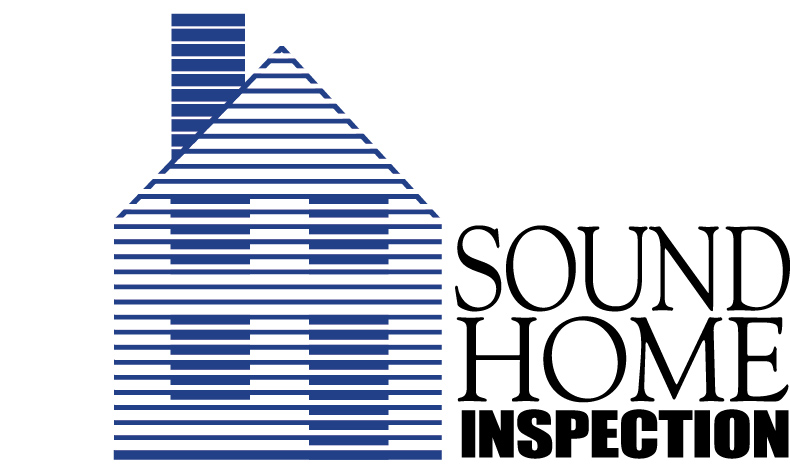Plumbing
Plumbing Drain, Waste and Vent Systems Inspections
A house’s plumbing system includes all of the materials that connect the sinks, toilets, bathtub/showers, water heater and other water units to the outdoor sewer system. These include pipes, drains and valves. Plumbing in houses is generally made of copper, brass or PVC (plastic).
Making sure the home’s plumbing system is sound is important to making sure there are no water leaks. Even a small drip under a sink can lead to rotting floor boards, mold and mildew. A home inspector will make sure that the main water shut-off valve is in good working order, that all pipes are connected properly and in good shape, and that pipes in unheated areas are insulated properly. If the house was built earlier than 1986, he will also check for the presence of lead pipes.
To schedule your home inspection, call
(860) 445-1236 today.
Plumbing System Items Inspected
Want to learn more?
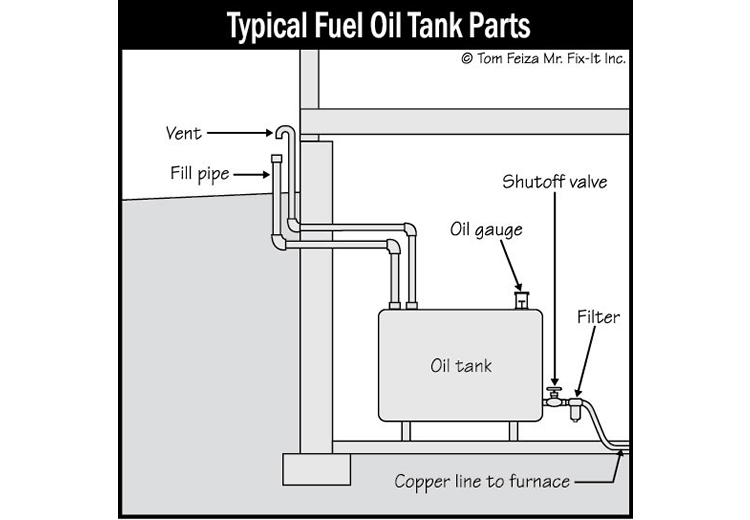
Fuel Storage and Distribution Systems Inspections
A home’s fuel storage and distribution system includes the interior fuel storage tank as well as the piping that connects the fuel tank with your furnace or boiler. Also included in this system are the supports for the tank, the vents to the tank and the furnace vents.
You can’t be too careful when dealing with combustible materials. The inspector will check that the piping leading from the tank to your furnace is intact, that the supports to the tank are sound and that the furnace and fuel tank vents are working properly.
To schedule your home inspection, call
(860) 445-1236 today.
Hose Bib Inspections
A hose bib (also spelled hose bibb) is an exterior faucet, like the one you attach your hose to in the summer. In colder climates, like in Connecticut and Rhode Island, these faucets have both an exterior valve and one located indoors away from the exterior wall so the water can be turned off in the winter to prevent freezing.
A home inspector needs to examine the hose bibs in your home carefully because a leaky exterior faucet can send water inside your outside walls, leading to mold and mildew problems. In addition, the hose bib should be properly installed for winter weather. One with pipes that run along an exterior wall could be prone to freezing.
To schedule your home inspection, call
(860) 445-1236 today.
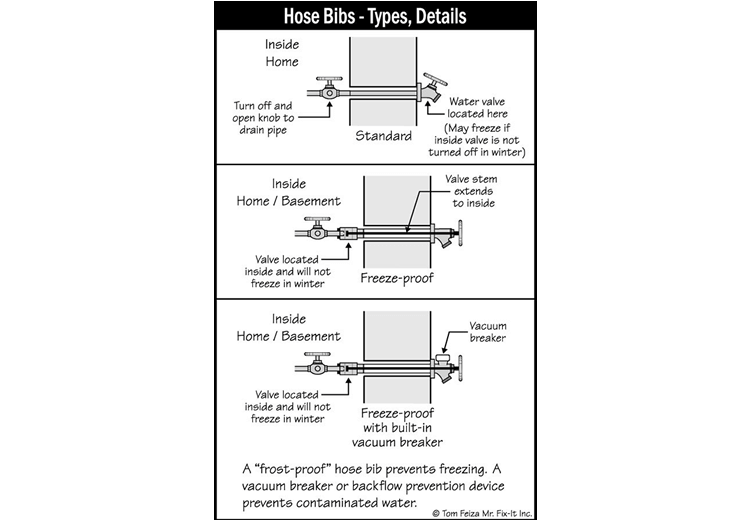
Want to learn more?
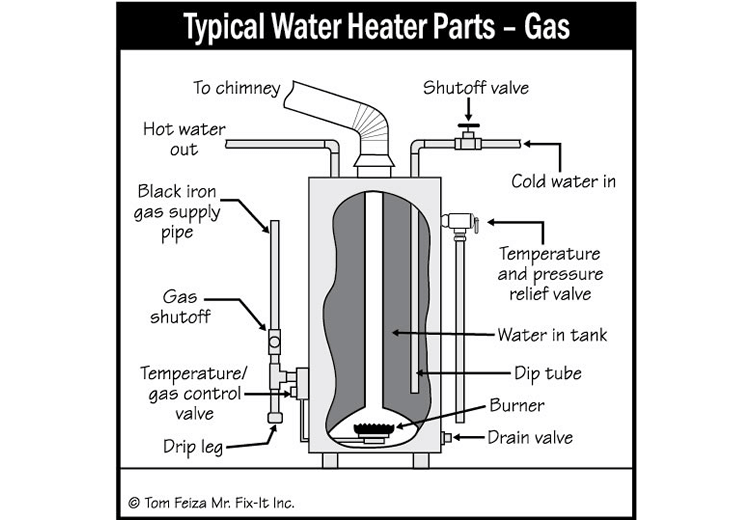
Hot Water Systems, Controls, Chimneys, Flues and Vents Inspections
Your home’s hot water system includes your water heater, the pipes leading to and from the water supply and the power source, and the chimneys, flues and vents to the exterior of your building. Water heaters most commonly have a tank that keeps water hot for on-demand usage, but tankless heaters are becoming increasingly popular. Water heaters may be powered by electricity, natural gas, oil or propane.
A home inspector will first check that the water heater is working properly, that the pipes leading to and from the heater are connected properly and that the unit is vented correctly. He’ll also check a faucet to make sure that the water heating system is delivering hot water and that the area surrounding the water tank is dry and shows no rust.
To schedule your home inspection, call
(860) 445-1236 today.
Main Fuel Shut-off Inspections
The main fuel shut-off valve turns off the natural gas or fuel oil coming into your home. In most cases, only the gas company is permitted to work on these valves and they should be used by the homeowner only in an emergency. The main fuel shut-off is generally found on an outside wall in the basement or utility room.
Your main fuel shut-off needs to be accessible in the event of an emergency and so the gas company can periodically service it. The home inspector will check the shut-off valve for signs of wear or corrosion and make sure that it isn’t blocked by storage, furniture or other materials. The main fuel shut-off valve can also be the site of a gas leak. A thorough inspector will make sure it is safe.
To schedule your home inspection, call
(860) 445-1236 today.
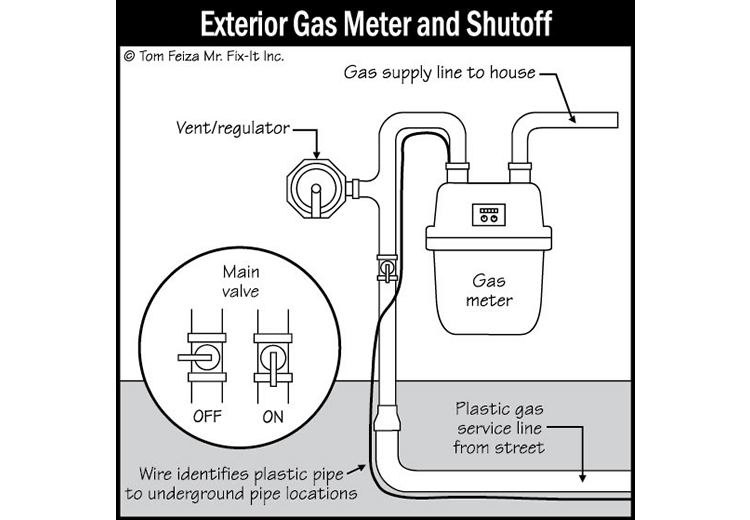
Want to learn more?
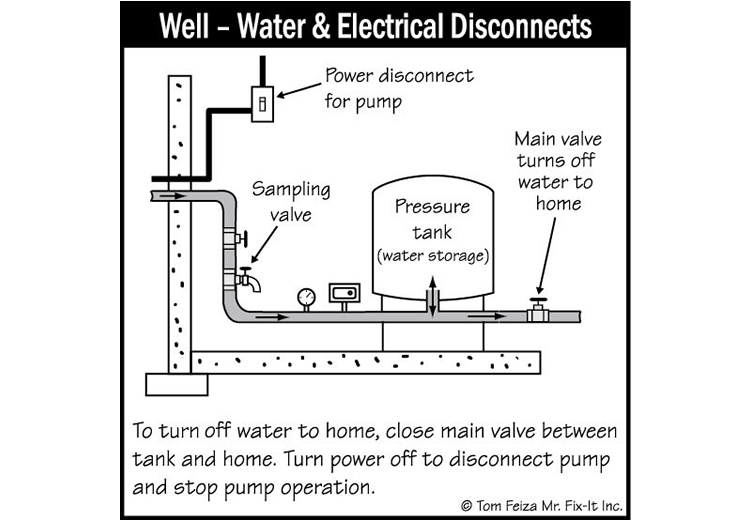
Main Water Shut-off Device Inspections
The main water shut-off device is a central valve that cuts the water from the outside source to the entire house, not just one faucet or device. This valve is usually located in the garage, basement or on an outside wall near your mechanicals.
The main water shut-off device is critical in the event of a burst water pipe. This valve shuts off all of the water to the house and will save your living spaces in an emergency. It’s also necessary for plumbers during bathroom or kitchen remodeling jobs that involve more than just one sink or one faucet. During your house inspection, the inspector will make sure that this valve is functional and in good repair so that it’s there when you need it.
To schedule your home inspection, call
(860) 445-1236 today.
Plumbing Drain, Waste and Vent Systems
Your home’s plumbing, drain, waste and vent systems are the systems that provide you with on-demand water, discharge sewage and waste water safely away from your home, and provide ventilation so that moisture isn’t allowed to accumulate near sinks, bathrooms and kitchens.
Making sure that all of the drains and plumbing are working correctly is important to keeping your home healthy and safe. A drain that’s not working properly can cause bacteria to build up in your sink. In addition, bathroom plumbing that backs up in the basement can cause raw sewage to enter your living space. A leaking faucet can not only cost you money on your water bill, but also cause water to leak under the sink or behind a wall.
To schedule your home inspection, call
(860) 445-1236 today.
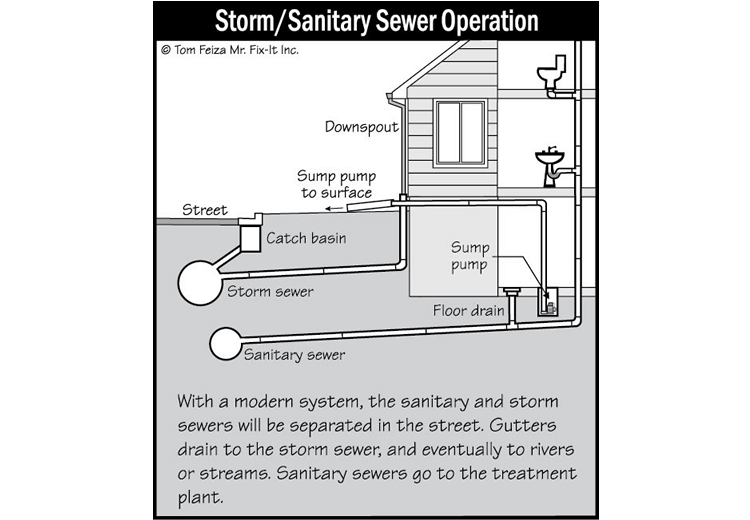
Want to learn more?
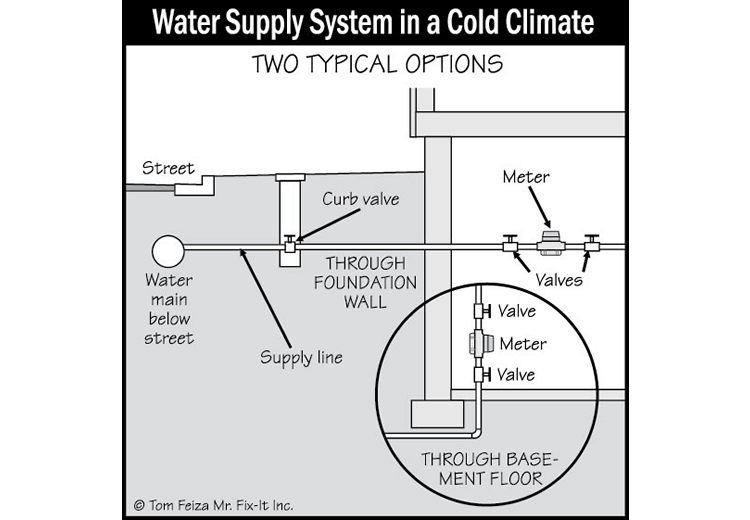
Plumbing Water Supply and Distribution Systems and Fixtures Inspections
The plumbing system is one of the most important elements of any home. This system includes the pipes that connect the sink, toilet, water tank and other water delivery appliances to the sewer or septic tank outside the home. Your plumbing system also includes drains, faucets and valves.
Improperly installed, plumbing elements and fixtures can lead to a host of issues. Water that drips from beneath a sink not only increases your water bill, but can lead to rotting floor boards, mold and mildew. The inspector will check all of the pipes to which he has access and make sure all of the faucets and drains are working properly.
